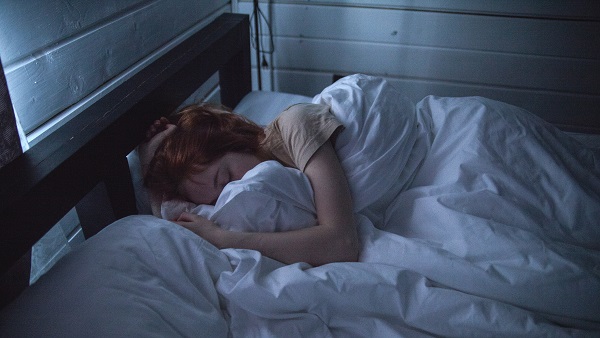
Research supports Pittsburgh parents’ call for later high school start times and improved scholastic performance
This story first appeared in NEXTpittsburgh, which publishes Kidsburgh.
As summer ends, many of Pittsburgh’s teenagers are facing a hard shift in their sleep schedules. Schools are reopening, which means alarms are going off very early in the morning.
“My two high schoolers are less than delighted to be waking up at 6 again to catch the bus at 6:45,” says Liz Rambeau, a resident of Fox Chapel, where the public high school begins at 7:30 a.m.
But beyond the age-old student complaints about not wanting to get out of bed early for school, a growing body of evidence suggests that early bells lead to distinctly worse education outcomes, especially for teens and adolescents.
“The research thus far has really shown that poor sleep quality is related to poor school performance across the board,” says Ryan Logan, an assistant professor of psychiatry at the University of Pittsburgh.
Logan’s research on circadian rhythms echoes the conclusions of national organizations like the Center for Disease Control and Prevention and the American Academy of Pediatrics, who began calling in 2014 for school start times to be delayed until at least 8:30 a.m.
Logan is quick to emphasize that there are a number of biological and environmental issues outside of school that can stand in the way of a healthy sleep schedule. “But,” he says, “school start time really is one of the things that can be implemented now and have a real impact.”
And yet despite this consensus, school districts have been slow to shift their schedules. The massive organization that is the U.S. public education system isn’t a ship that can be easily steered in a new direction, Logan says.
“Even changes that you think are small, like delaying school start times a half-hour or an hour, actually have a lot of practical consequences,” he explains. “There’s been a lot of resistance from a lot of school districts to even considering it.”
In response to that resistance, a growing network of concerned parents is advocating for change. Rambeau serves as the Western Pennsylvania chapter leader for the national grassroots organization Start School Later.
In her time working on the issue, she has encountered a list of objections from local governments.
“There are many excuses: sports schedules, childcare, bus routes and costs are the most common,” she says. “But while these are legitimate obstacles, there are always low- or no-cost solutions.”
A number of local school systems have at least taken baby steps toward later start times, Rambeau says. Starting this year, Pine-Richland School District will begin high school classes 25 minutes later (7:45 a.m. rather than 7:20 a.m.) and Quaker Valley also moved their start time 15 minutes later to 8 a.m.
And Pittsburgh Public Schools Public Information Officer Ebony Pugh tells NEXTpittsburgh that the city schools are also exploring the question. The district commissioned a study in 2018 to examine the potential effects of later start times, but as of today, information was unavailable on when that report will be published.
These steps still fall short of what experts say is necessary, but Rambeau says she’s nonetheless heartened that more school boards are willing to take up the issue.
“I would love to take credit for successes at area schools,” says Rambeau. “But really the districts that have made changes have done so because of their strong leadership.”